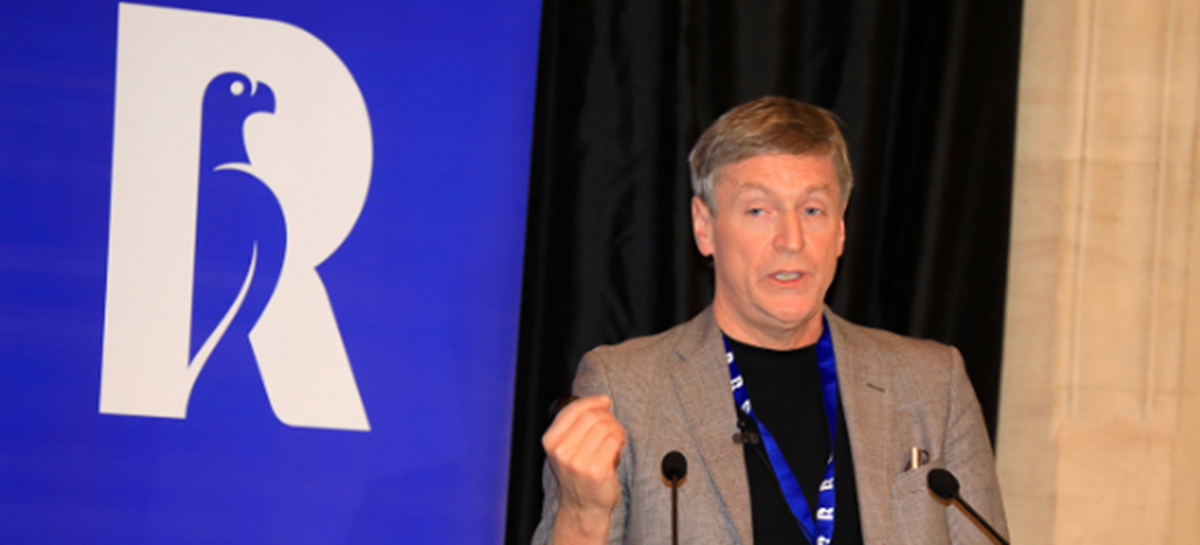
Dr. Chris Karp Reflection: Utilitarian vs. Equity-Based Approaches to Global Health
I first learned of Bill and Melinda Gates Foundation (BMGF) global health initiatives as an undergraduate researcher. A large biomedical engineering lab at MIT had received a BMGF grant to develop a single-dose polio vaccine and assembled a team large enough to be its own independent research group. The experience sparked an interest in the complex ‘pipeline’ of biomedical innovation development. I learned this weekend that Dr. Chris Karp had served as a BMGF contact for the project.
Collaboration between large and small pharma, national governments, public health NGOs (i.e. WHO, Gavi, Unicef, BMGF), and academia is regarded as critical to biomedical innovation. The pipeline from academia to conventional therapeutics is meandering but generally understandable. Faculty projects trace their way from small startups supported by VCs to inevitable acquisition by larger pharma companies. ‘Translation’ has become the word of choice for cutting-edge academics as biotech startups occupy the spotlight.
Innovation for lower- and middle-income countries (LMICs) is arguably more complex. The end users experience challenges poorly understood by North American and European institutions. Urbanisation and rising incomes have enabled broader adoption of previously inaccessible medical technology. The past two decades have been defined by an entirely new, rapidly growing market segment as LMICs demand relevant, affordable medicine and become primary stakeholders in their design. Despite these changes, the most radical, promising ideas in global health are high risk, prone to failure, capital-intensive, and designed in labs far from the site of application. The BMGF is key to correcting this imbalance by shaping the agenda for early-stage innovation. With a unique approach, BMGF fosteris early-stage, high-risk innovation with stable financial investments, established partnerships with LMICs, and a dedicated interest in translation.
Dr. Chris Karp serves as Director of the Global Health Discovery and Translational Sciences Program. The iterative cycle of product development for vaccines may be one of the longest in biotech. The complexity of biologics, especially next-generation malaria and HIV vaccines, requires extensive academic expertise. In his session at the 4th Healthcare Forum at Rhodes House, Dr. Karp reviewed advances in malaria vaccine development. However, in the context of global health, a technically viable vaccine isn’t sufficient. A sustainable national immunization program requires decision-making proficiency, political commitment, financial stability, high-quality data systems, adequate human resources, the ability to procure vaccines, and strong supply and cold-chain systems. Immunisation coverage is no longer defined by a national average – the 2020 Global Vaccine Action Plan aims to assure 80% coverage in every district. This goal, equity, requires a different type of innovation.
Earlier sessions in the forum had suggested that utilitarian and equity-based approaches are mutually exclusive. To what degree do externally-developed innovations solve vaccine challenges in LMICs? Dr. Karp offered a noteworthy thought. Ultimately, malaria and HIV are identical regardless of location. From a technical standpoint, access to financial resources, established labs, and a multi-disciplinary base of talent across engineering, biology, and chemistry are critical. The format and roll-out of a vaccine is another challenge altogether, one that crucially depends on in-country innovation. Both utilitarian and equity-based approaches are essential, the first in development and the second in administration. Occasionally, the two overlap; for instance, single-dose vaccines theoretically improve coverage in remote regions.
Ultimately, BMGF and Dr. Karp offer the opportunity for early-stage research groups to take what Dr. Steven Buchsbaum, a colleague of Dr. Karp, terms “audacious bets”. In shaping the priorities of global health from the earliest stages of R&D, these audacious bets will undoubtedly pay off.
Stephanie Gaglione (Ontario & Balliol 2017) is currently studying for her MSC Res in Molecular Cell Biology in Health and Disease and has completed her MSc in Integrated Immunology.